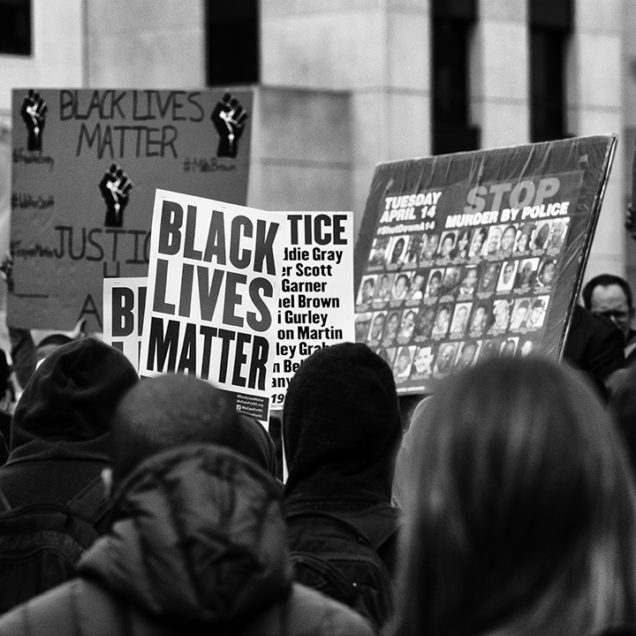Let Us March On: Lee Friedlander and the Prayer Pilgrimage for Freedom
February 2 – March 25, 2018
Faye G., Jo, and James Stone Gallery
This exhibition presents photographer Lee Friedlander’s images of the Prayer Pilgrimage for Freedom, a critical yet generally neglected moment in American civil rights history. On May 17, 1957—the third anniversary of the landmark Supreme Court decision Brown vs. Board of Education, Topeka, which outlawed segregation in public schools—thousands of activists, including many leaders from religious, social, educational, labor, and political spheres, united in front of the Lincoln Memorial, in Washington, D.C. At this first large-scale gathering of African Americans on the National Mall, an event that was a forerunner of the 1963 March on Washington at which Martin Luther King, Jr., delivered his famed “I Have a Dream” speech, protestors called on federal authorities to enforce desegregation, support voting rights, and combat racial violence. Friedlander photographed many of the illustrious figures who attended or spoke at the march, such as Martin Luther King, Jr., Rosa Parks, Ella Baker, Mahalia Jackson, and Harry Belafonte, and he wove among the demonstrators on the ground to capture the energy and expressions of the day.
In conjunction with the exhibition, the work of three contemporary artists—Sheila Pree Bright, Whitney Curtis, and Nancy Musinguzi—will be shown in the Stone Gallery and Annex. Centering around present-day social justice movements, the photography of Bright, Curtis, and Musinguzi builds bridges between current events, the historic moment of the Prayer Pilgrimage, and Friedlander’s iconic images.
Let Us March On is organized by the Yale University Art Gallery and curated by La Tanya S. Autry, Curator of Art and Civil Rights at the Mississippi Museum of Art and Tougaloo College and former Marcia Brady Tucker Fellow, Yale University Art Gallery. Made possible by the Janet and Simeon Braguin Fund and the James Maloney ’72 Fund for Photography.
Above image credit: Lee Friedlander, Mahalia Jackson (at podium); first row: Mordecai Johnson, Bishop Sherman Lawrence Greene, Reverend Thomas J. Kilgore, Jr., and Reverend Martin Luther King, Jr., from the series Prayer Pilgrimage for Freedom, 1957, printed later. Gelatin silver print. Yale University Art Gallery, Gift of Maria and Lee Friedlander, HON. 2004. © Lee Friedlander, courtesy Fraenkel Gallery, San Francisco

Image credit: Sheila Pree Bright, #1960Now 2015 Protest, “All Night, All Day, We’re Gonna Fight for Freddie Gray,” Baltimore, MD, Aluminum Print, 40×40 inches.
Let Us March On Related Events:
Gallery Talk:
The Photographic Book
Thursday, February 15, 5:30pm
Stone Gallery
A Conversation with Professor Kim Sichel, Associate Professor, History of Photography and Modern Art, Boston University Department of History of Art and Architecture, and Peter Kayafas, Director, Eakins Press Foundation and publisher of Lee Friedlander: The Prayer Pilgrimage for Freedom.
Panel Discussion:
They Were Always Marching: African American Women and the Civil Rights Movement
Wednesday, March 14, 6:00pm.
Exhibition closing reception will immediately follow the event.
Stone Gallery
This panel will explore the instrumental role and agency of African American women in the Civil Rights Movement, from local civic gatherings to shaping national policy. The efforts of women during this era were often overshadowed by their male counterparts. This panel discusses the powerful contributions of women of color in the creation of social and political change historically and through today.
Participants include:
La Tanya S. Autry, Curator of Art and Civil Rights at the Mississippi Museum of Art and Tougaloo College;
Dr. Ashley Farmer, Assistant Professor of History and African American Studies, Boston University;
Sheila Pree Bright, Artist
Curator Talk:
Thursday, March 15, 4:00pm
Gallery walk-through with exhibition curator La Tanya S. Autry
Programming is generously supported, in part, through a grant from the Boston University Center for the Humanities.
